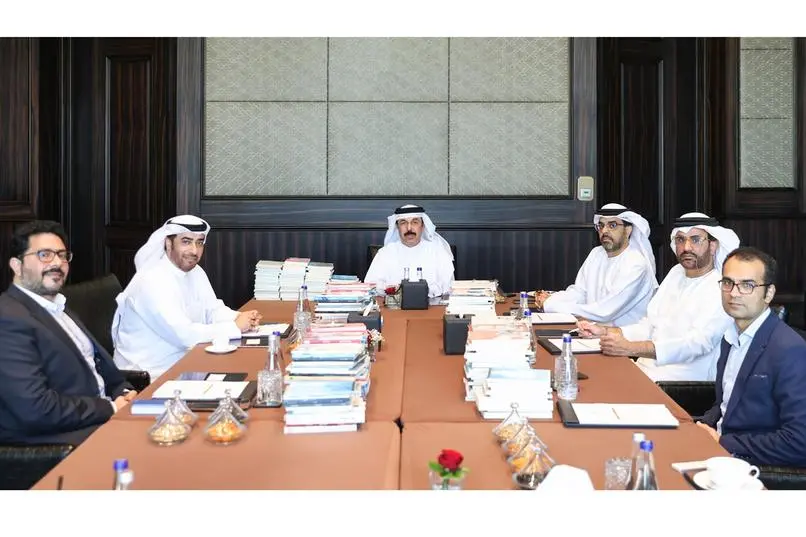PHOTO
Abu Dhabi, UAE – The Abu Dhabi Arabic Language Centre (ALC) has closed the nominations stage for the second edition of the Sard Al Thahab Award, which aims to honour narrators of biographies, literature, and folk tales in the UAE and across the Arab world, highlighting Emirati and Arab folk and narrative arts and showcasing inspiring works in this field.
In its second edition, the Award received 1,213 nominations across its six categories from 34 countries, including 19 Arab nations, marking a 23% growth in submissions compared to the first edition in 2023, which received 983 entries. This edition also saw first-time participations from countries including Russia, the UK, Turkey, Australia, Sweden, Azerbaijan, Mali, the Netherlands, Myanmar, and the Philippines.
Egypt ranked first among Arab countries in terms of the number of submissions, followed by Morocco, Algeria, Syria, the UAE, Iraq, and Jordan while the highest non-Arab submissions came from Turkey and the United States.
Furthermore, the Award’s Reading Committee concluded its meeting, which was held to review and evaluate submissions for the second edition. Chaired by Ali Obaid Al Hamli, Emirati writer and media personality, the Committee brings together academic Dr. Ali Al Kaabi, author and screenwriter Mohammed Ahmed Hassan, and writer-researcher Walid Alaa El Din.
“The Sard Al Thahab Award has contributed to establishing a literary and artistic movement rooted in the intellectual and literary heritage of the late Sheikh Zayed bin Sultan Al Nahyan, Founding Father of the UAE,” said Ali Obaid Al Hamli. “This movement stems from Sheikh Zayed’s creative vision, and strives to preserve Emirati and Arab heritage and identity by discovering and recognising talent in various narrative fields locally and across the Arab world.”
“The review and assessment stage of the applications submitted for the second edition of the Award indicated a growing interest in participating, particularly in the Arab region,” Al Hamli added. “This clearly reflects the rich tapestry of inspiring productions in the fields of folk and narrative arts rooted in Emirati and Arab culture. It also confirms that Sard Al Thahab is on the right path towards achieving its goals to preserve the civilisational role of narrative heritage, ensure its continuity, and use it to strengthen cultural communication between cultures and peoples. This, in turn, serves to spotlight creative individuals in various narrative fields, showcasing inspiring examples of their literary works onto the local and international cultural scene.”
The Short Story for Unpublished Stories category received the highest number of submissions, accounting for 61% of total applications with 743 entries. This was followed by the Short Story for Published Stories category with 196 nominations, representing 16% of the total, then the Illustrated Story category with 121 submissions, making up 10% of the total; the Popular Narratives category with 92 entries; Emirati Narration with 39, and finally the Narrators category with 22 nominations.
Once the Committee completes its work, the second phase begins, during which the judging committees will conduct a thorough review and evaluation of the submitted works. The assessment reports will then be raised to the Higher Committee to select shortlisted entries.
The Sard Al Thahab Award celebrates talented individuals who have documented the history of folk heritage and the UAE’s development over the decades, conducting research locally, across the Arab world, and internationally. The Award also aims to protect folk narrative arts to strengthen the sense of identity among future generations by connecting them with these writings, and by highlighting visual narratives that document life in the UAE and the Arab world through photography and cinema.
Moreover, the Award seeks to revive the art of folk tales, storytelling, and epic narratives that are an essential part of Arab culture, expressing them in a more contemporary artistic form, and highlighting the unique characteristics, beauty, and wisdom of our ancestors. It supports the historical message of this artform, which strives to communicate the hopes of the present and aspirations for the future, documenting every historical stage for future generations.




















